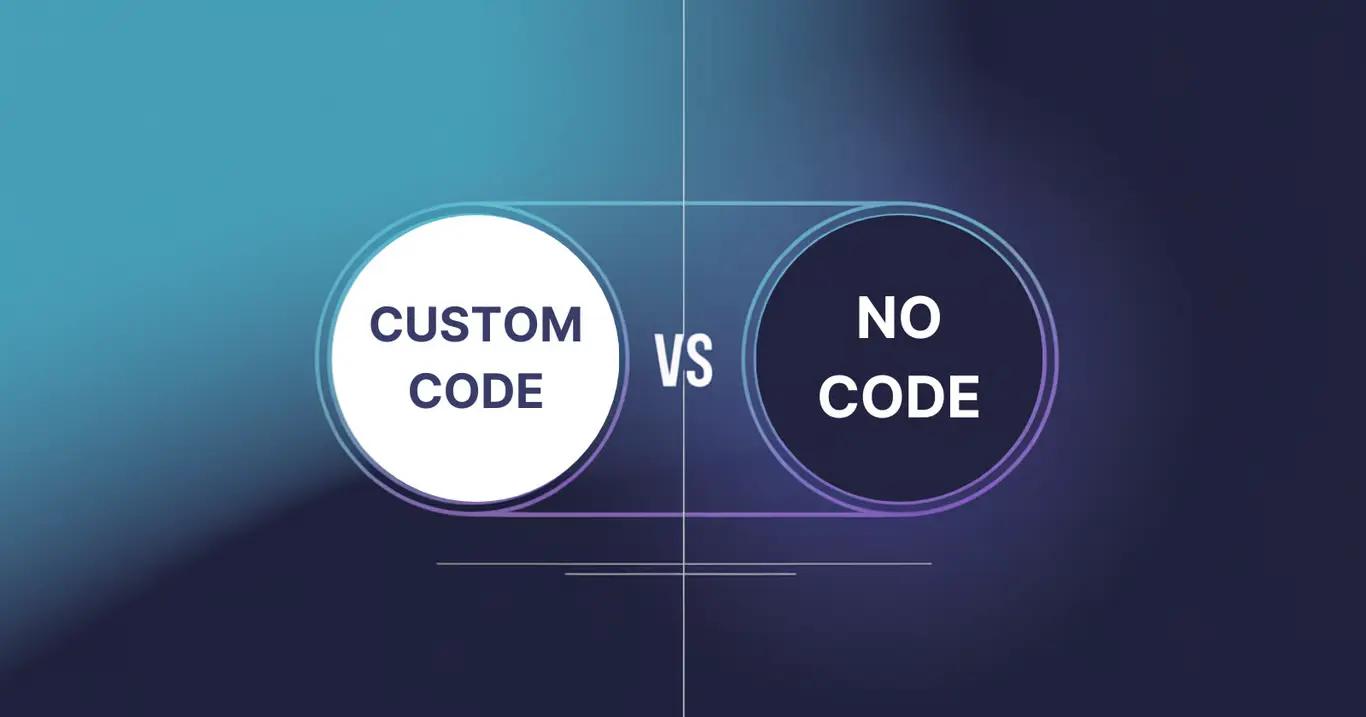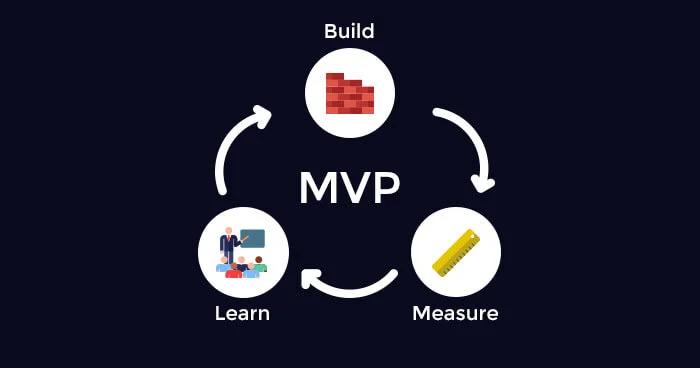Why Prioritizing Quality in Software Engineering Transforms Projects
The drive to deliver software quickly often overshadows the need for quality. This approach leads to numerous issues such as bugs, security vulnerabilities, and user dissatisfaction.
Many companies and developers prioritize speed over quality, aiming to release products as quickly as possible. This rush often results in software that is riddled with problems, from bugs to poor user experiences. A hastily assembled product might meet a deadline, but it rarely meets user expectations. So, how do we strike the right balance?
To address the quality-speed conundrum, many developers rely on agile methodologies, continuous integration, and automated testing. However, these solutions often fall short because they focus more on the process than on the actual craftsmanship of the code. Agile sprints can lead to incremental improvements without addressing fundamental flaws, continuous integration can become a bottleneck if not managed correctly, and automated tests might miss crucial user experience issues.
Knowing the limitations of current practices, the ideal solution involves a holistic approach that prioritizes meticulous planning, skilled development, rigorous testing, smooth deployment, and continuous maintenance.
- Every great project begins with detailed planning. Gathering requirements, understanding user needs, and designing a robust architecture are foundational steps that save countless headaches later. Think of planning as the blueprint for your software—a clear, well-thought-out plan is indispensable.

According to a study by the Project Management Institute, projects with comprehensive planning are 28% more likely to succeed compared to those without.
- During the coding phase, attention to detail and adherence to best practices are crucial. Writing clean, maintainable code is not just about functionality; it's about creating a product that is easy to understand, modify, and scale. This level of craftsmanship sets exceptional developers apart.

Research by the Software Engineering Institute highlights that 80% of maintenance costs are attributed to unforeseen defects introduced during development.
- Testing should never be an afterthought. Incorporating unit tests, integration tests, and user acceptance tests ensures that your software performs as expected. Early detection of issues prevents larger problems down the line.

A report from Capers Jones & Associates indicates that finding and fixing a bug during testing is 15 times less costly than fixing it post-release.
- Deployment should be a well-orchestrated process, ideally automated to ensure consistency and reduce human error. Remember, deployment is not the end; it marks the beginning of your software's journey in the real world.

Continuous deployment practices have been shown to reduce time-to-market by 50-80% while maintaining or improving quality.
- Post-deployment, regular updates, bug fixes, and improvements are necessary to maintain high quality. Proactive maintenance keeps users satisfied and your software in optimal condition.

The Standish Group's CHAOS Report highlights that ongoing maintenance and updates are critical, with successful projects spending about 20% of their budget on post-launch improvements.
- User feedback is invaluable for continuous improvement. Listening to users and analyzing their interactions with your product provides insights that no amount of planning or testing can. For instance, a recent user feedback session on my blog via usertesting.com provided eye-opening insights.
According to a survey by Pendo, 60% of companies that actively incorporate user feedback into their development process see significant improvements in customer satisfaction and product performance.
Ultimately, building high-quality software is about more than just writing code—it's about solving problems, delighting users, and creating products that last. As developers, we should strive for excellence in every stage of development. This commitment to quality will not only satisfy users but also foster pride in our work.
Be thorough, be patient, and remember that the effort you put into your work today will pay off in the future. Your users—and your future self—will thank you.
Meet Dennis, a seasoned software engineer with 11 years of experience transforming ideas into digital reality. He has successfully guided countless projects from concept to deployment, bringing innovative solutions to life. With a passion for crafting exceptional software, Dennis has helped countless clients achieve their goals.
Click here to learn more
Popular Posts
- How Can Strategic Software Solutions Propel Your Business to the Next Level?
- What is the Key to Startup Success?
- Why Do Some Products Soar While Others Flounder?
- Why Is Consistent Blogging Critical for Your Go-To-Market Strategy?
- Why Do Some Products Stick While Others Don't?
- Why Do Top Engineers Choose Where They Work?
- The Ultimate Solution for Faster, Scalable, and Customizable Web Design Without the CSS Headaches
- Revolutionizing Your Software Experience
- How Can You Overcome Common Pitfalls in Enterprise Application Software Development and Achieve Success?
- Discover the Ultimate Solution to Streamline Your Workflow and Boost Productivity!
Ready to take your business to the next level? Let’s make it happen.
Recommended For You

Why Do Top Engineers Choose Where They Work?

Why Software Engineering Fundamentals Can Transform Your Business Success

Unlock Faster, Safer Websites: Why Businesses Are Choosing Next.js Over WordPress

Is Your Startup’s MVP Ready to Scale? Build Smart, Win Big

The Decision Maker’s Playbook to Building Winning Products

How a Minimum Lovable Product Delivers Success

How Can You Deliver Software That Wins Customers and Beats the Competition?

